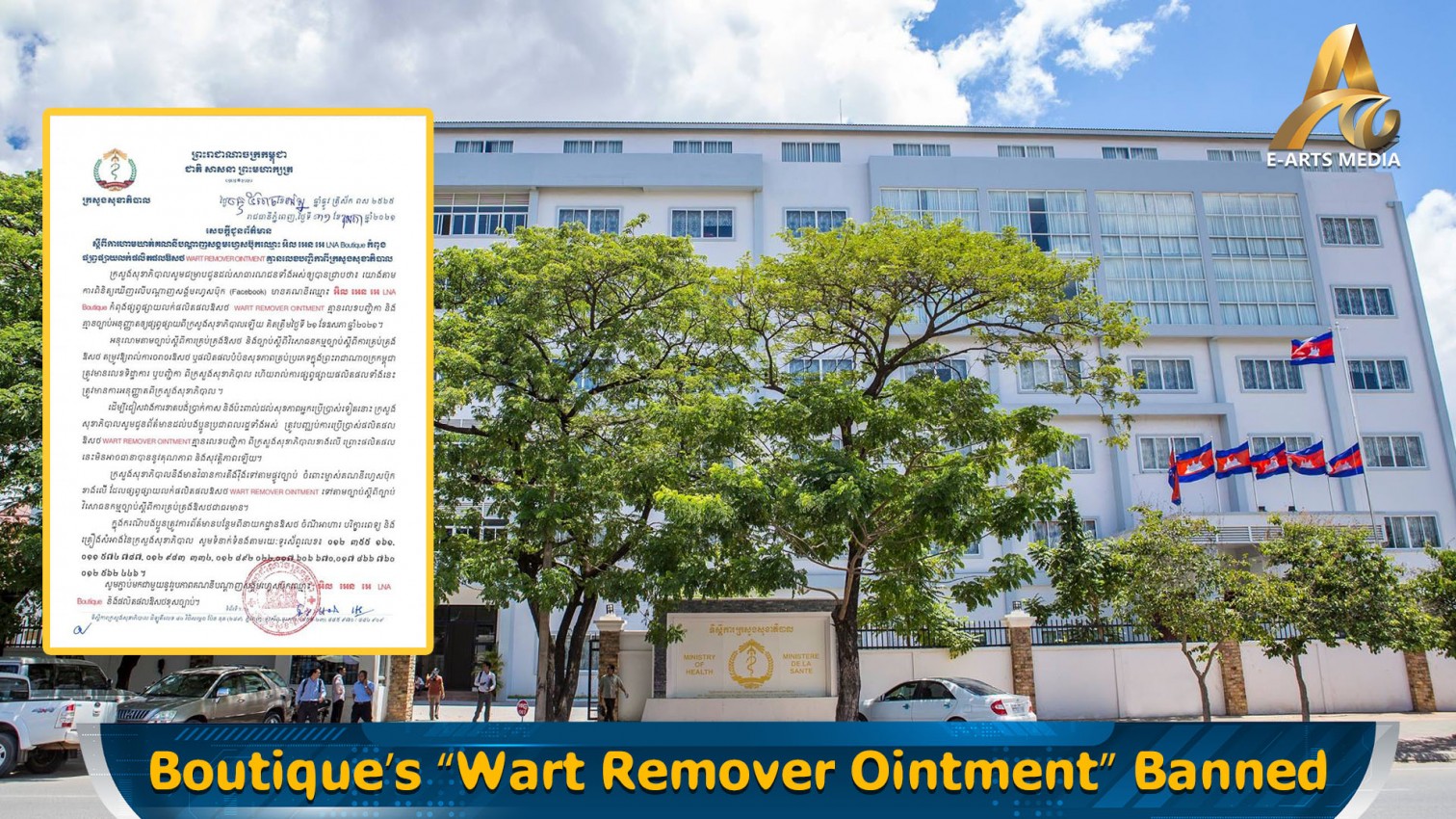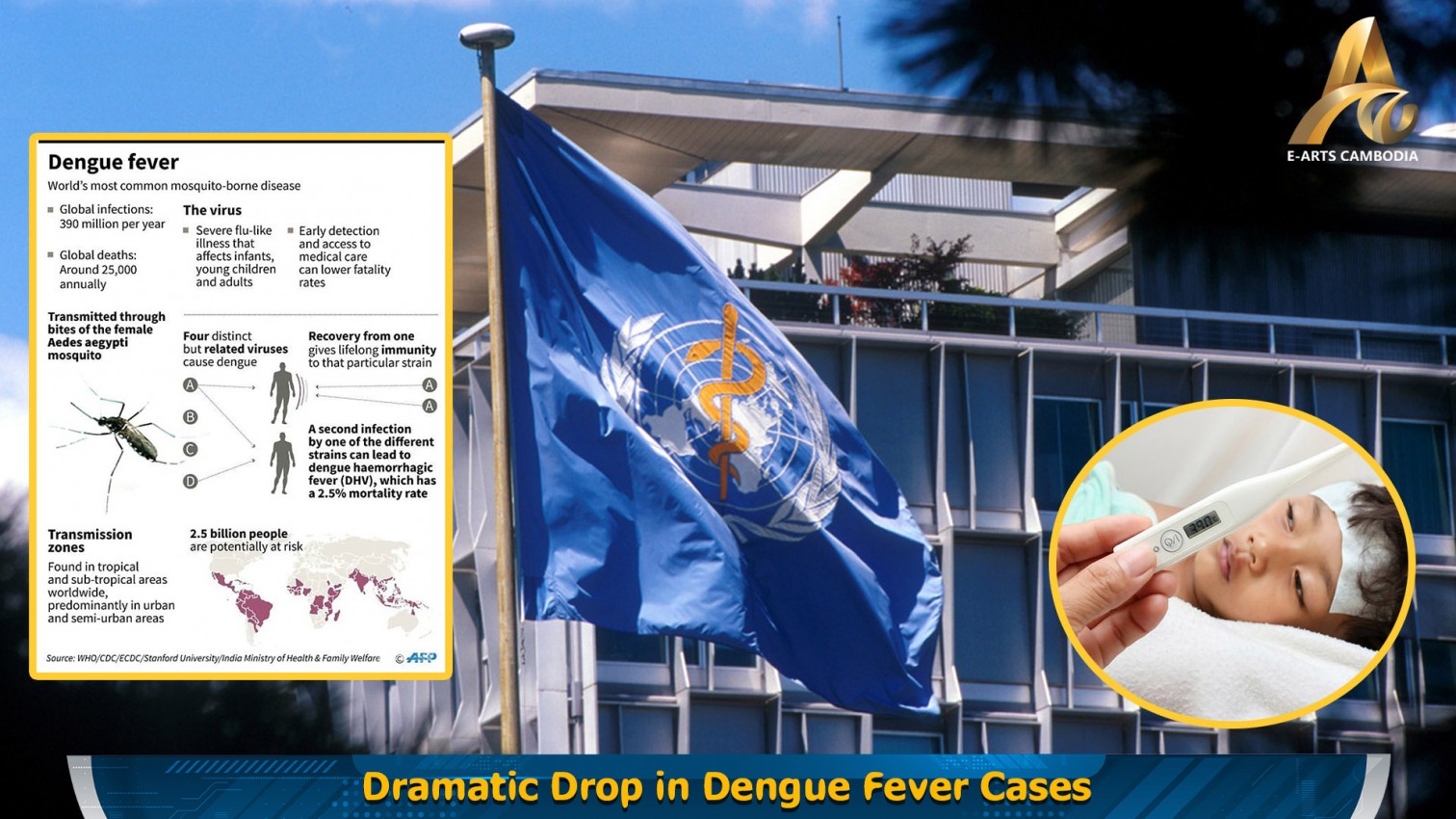INTERNATIONAL: In the pursuit of healthier eating habits, many individuals turn to non-sugar sweeteners (NSS) as an alternative to sugar. These sweeteners are commonly found in packaged foods, beverages, and used directly by consumers. However, do they truly assist in weight loss efforts, and are they safe for long-term consumption? A recent report from the World Health Organization (WHO) provides valuable insights into these questions.
The WHO guideline on NSS, which was developed through a comprehensive systematic review, advises against using these sweeteners for weight control or reducing the risk of noncommunicable diseases (NCDs). The evidence suggests that NSS do not offer long-term benefits in reducing body fat for both adults and children. Furthermore, there are indications of potential negative effects associated with prolonged NSS usage, such as an increased risk of type 2 diabetes, cardiovascular diseases, and even mortality in adults.
Francesco Branca, WHO Director for Nutrition and Food Safety, underscores that substituting free sugars with NSS does not contribute to sustained weight control. Instead, individuals are encouraged to explore other methods of reducing sugar intake, such as consuming foods naturally sweetened with fruits or opting for unsweetened alternatives. Branca advises reducing overall sweetness in one's diet from an early age to enhance overall well-being.
The WHO guideline encompasses various synthetic and naturally occurring or modified non-nutritive sweeteners, excluding low-calorie sugars and sugar alcohols. Notable examples of NSS include acesulfame K, aspartame, advantame, cyclamates, neotame, saccharin, sucralose, stevia, and stevia derivatives.
It is important to acknowledge that the recommendation is conditional, considering the intricate patterns of NSS use and potential confounding factors observed in the evidence. Policy decisions based on this guideline may necessitate thorough discussions tailored to specific country contexts, accounting for the extent of NSS consumption across different age groups.
The WHO guideline on NSS is part of a series of existing and upcoming guidelines focused on promoting healthy diets. The overarching objective is to cultivate lifelong healthy eating habits, enhance dietary quality, and alleviate the global burden of noncommunicable diseases (NCDs). In the pursuit of overall well-being, comprehending the impact of sweeteners on our health plays a pivotal role in making informed dietary choices.
In summary, when aiming to lose weight or improve health, non-sugar sweeteners do not appear to be effective solutions. Instead, prioritize the consumption of whole, unprocessed foods and beverages that naturally possess sweetness, such as fruits and vegetables. Should you choose to incorporate NSS into your diet, it is crucial to do so in moderation. By reading food labels attentively and making mindful choices, you can gradually reduce your sugar intake and embark on a path to a healthier lifestyle.


























